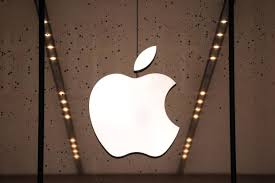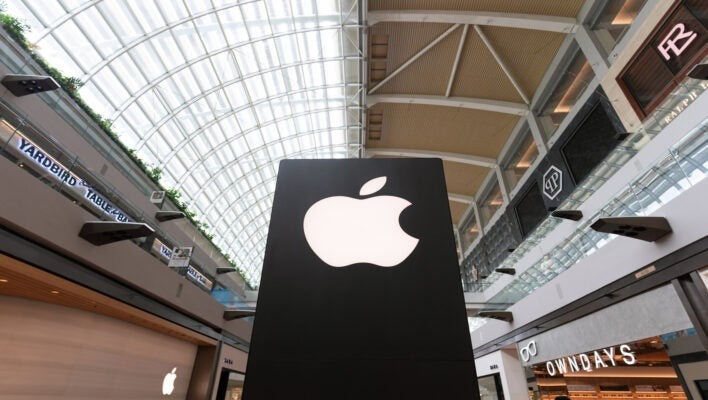Apple facing a lawsuit for inadequate protection of sexual abuse victims marks a critical moment, raising serious questions about how tech companies handle the safety and well-being of their users. The case highlights allegations that Apple’s systems and policies have failed to adequately protect victims from exploitation and harm. This lawsuit is more than a legal issue; it is a wake-up call that addresses systemic problems in the technology sector and underscores the pressing need for accountability. The plaintiffs claim that Apple’s failure to implement sufficient safeguards has contributed to the proliferation of harmful content and left victims without the resources or protection they need.

The heart of the lawsuit lies in the alleged gaps within Apple’s ecosystem that allow for the sharing, storage, and circulation of exploitative material. This issue is not unique to Apple but reflects a broader concern about how major technology companies manage content moderation and protect users. The suit claims that these shortcomings are not accidental but stem from a lack of priority given to safeguarding mechanisms. For you as an observer, it raises questions about the balance between innovation, user privacy, and ethical responsibility in the tech industry.
This lawsuit points to specific failings in Apple’s operations. For instance, the plaintiffs argue that Apple’s policies on reporting and removing harmful content are insufficient, leaving victims vulnerable to continued exploitation. Moreover, there are allegations that the company’s encryption practices, while essential for privacy, also hinder the detection and removal of abusive material. These challenges highlight the complexities involved in protecting user data while simultaneously ensuring safety, a balance that all tech companies struggle to achieve.
To provide context, it is important to understand Apple’s position on privacy and security. Apple has long marketed itself as a champion of user privacy, with features like end-to-end encryption in its iMessage and FaceTime services. While these measures are designed to protect users from unauthorized access and surveillance, critics argue that they also create opportunities for malicious actors to exploit the system. The lawsuit claims that Apple has not done enough to mitigate these risks, leaving a gap in its responsibility to safeguard users from harm.
One of the central aspects of the lawsuit involves Apple’s App Store policies. The App Store is a tightly controlled ecosystem where Apple reviews and approves all applications before they are made available to users. Despite this vetting process, the lawsuit alleges that harmful content has found its way onto the platform, exposing victims to further exploitation. The case highlights the need for more rigorous oversight and accountability in app approval processes.
A closer look at the specifics of the lawsuit reveals several areas where Apple is accused of falling short. The plaintiffs allege that Apple has failed to implement effective measures to identify and remove exploitative material from its platforms. They also claim that the company’s reporting mechanisms for abusive content are cumbersome and ineffective, making it difficult for victims to seek help or for authorities to take action. These issues, if proven, suggest systemic flaws that need to be addressed urgently.
To better understand the scope of the problem, it is useful to examine data on content moderation across major tech platforms. The table below provides a comparative analysis of reported cases of harmful content and the measures taken by different companies, including Apple:
| Company | Reported Cases (2023) | Content Removed (%) | Moderation Mechanisms |
|---|---|---|---|
| Apple | 12,000+ | 60% | Manual review, AI detection |
| 25,000+ | 75% | Automated filters, human oversight | |
| 30,000+ | 80% | AI-driven moderation, user reporting | |
| Microsoft | 18,000+ | 70% | Mixed manual and automated systems |
The data highlights that while Apple has made efforts to address harmful content, its removal rates lag behind some of its competitors. This disparity suggests that Apple may need to adopt more robust moderation strategies, including enhanced AI capabilities and increased human oversight.
Beyond content moderation, the lawsuit also raises concerns about Apple’s response to user reports. Victims allege that when they reported incidents of abuse or exploitation, they faced significant delays and inadequate responses from Apple’s support teams. This lack of timely action exacerbates the harm suffered by victims and undermines trust in Apple’s commitment to user safety.
In response to these allegations, Apple has emphasized its dedication to user privacy and safety. The company points to initiatives such as its Child Sexual Abuse Material (CSAM) detection tools and partnerships with law enforcement as evidence of its efforts. However, critics argue that these measures are not sufficient and that Apple must do more to address systemic issues.
The implications of this lawsuit extend beyond Apple, highlighting a broader challenge for the tech industry. As digital platforms become increasingly central to our lives, the responsibility to ensure user safety grows. For you, this case serves as a reminder of the importance of holding tech companies accountable and advocating for stronger protections for vulnerable users.
The outcome of this lawsuit could have significant repercussions for Apple and the tech industry as a whole. If the plaintiffs succeed, it may lead to stricter regulations and higher standards for content moderation and user protection. For Apple, it would mean reassessing its policies and investing in more effective safeguards. For other tech companies, it serves as a warning to prioritize user safety and address vulnerabilities proactively.
The lawsuit against Apple for inadequate protection of sexual abuse victims underscores a critical issue in the tech industry. The allegations highlight gaps in Apple’s systems and policies that have left victims vulnerable to exploitation. This case is not just about one company but about the broader responsibility of tech firms to prioritize user safety. As you reflect on this issue, it becomes clear that stronger safeguards, improved moderation mechanisms, and greater accountability are essential to ensuring a safer digital environment for all users.










Add Comment